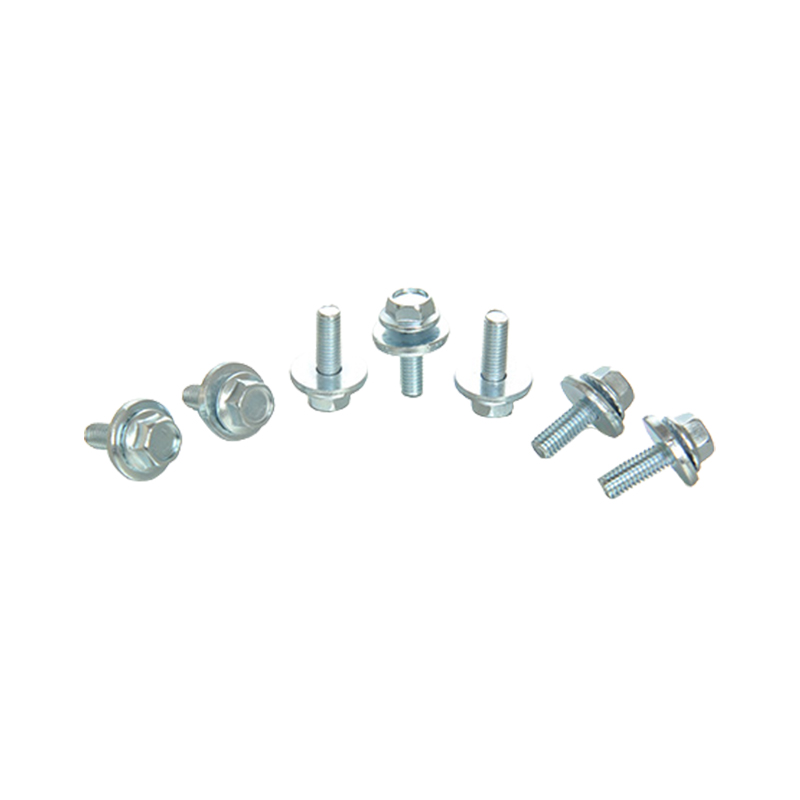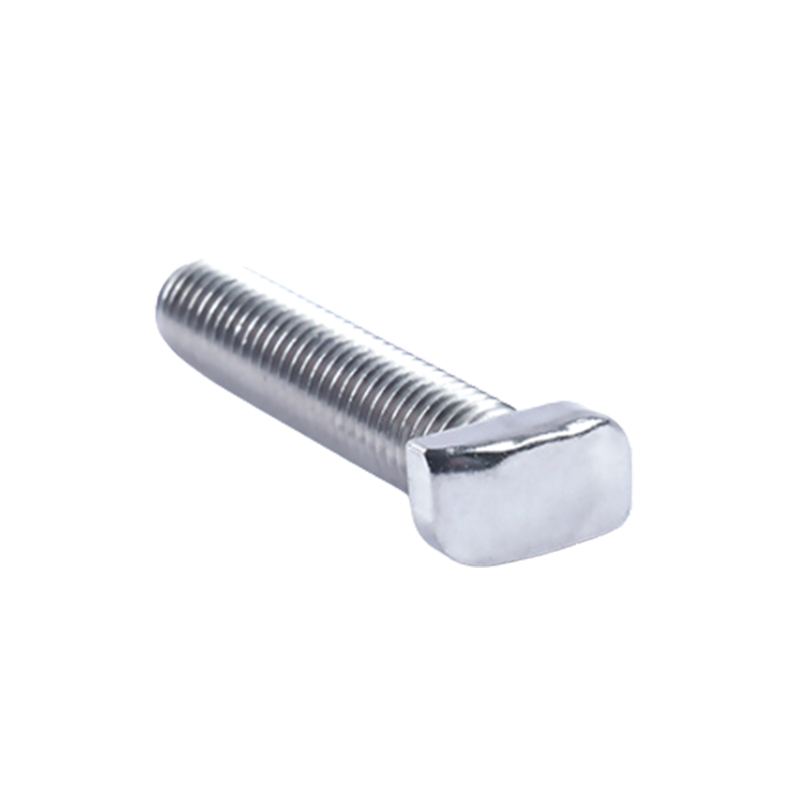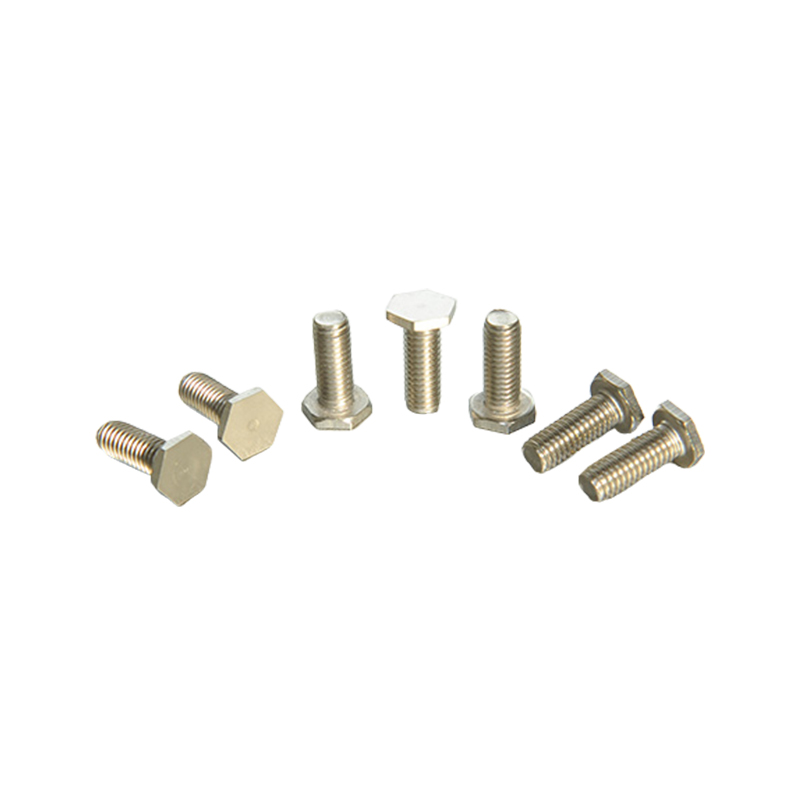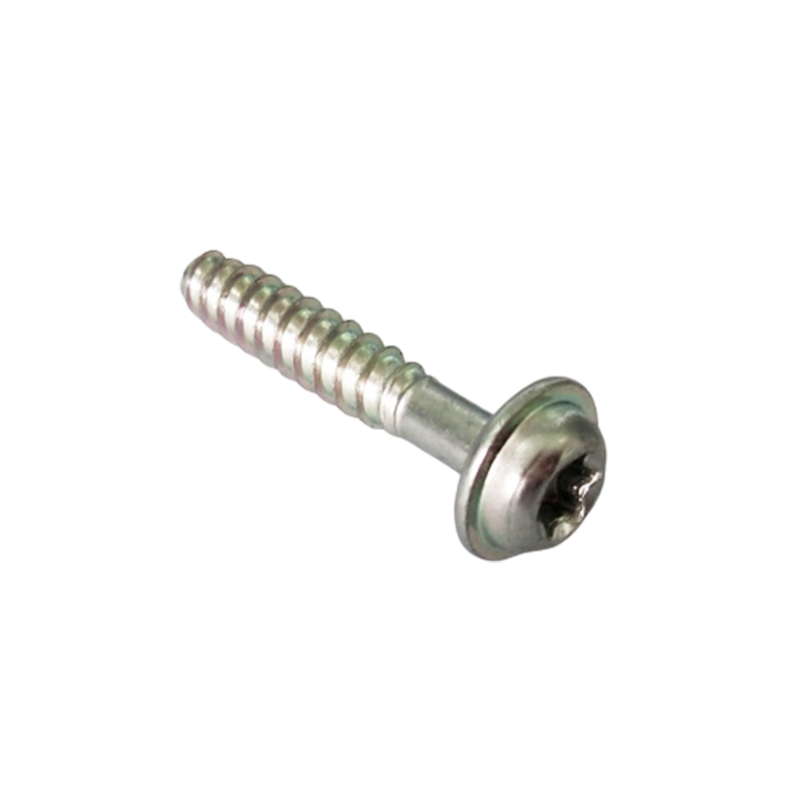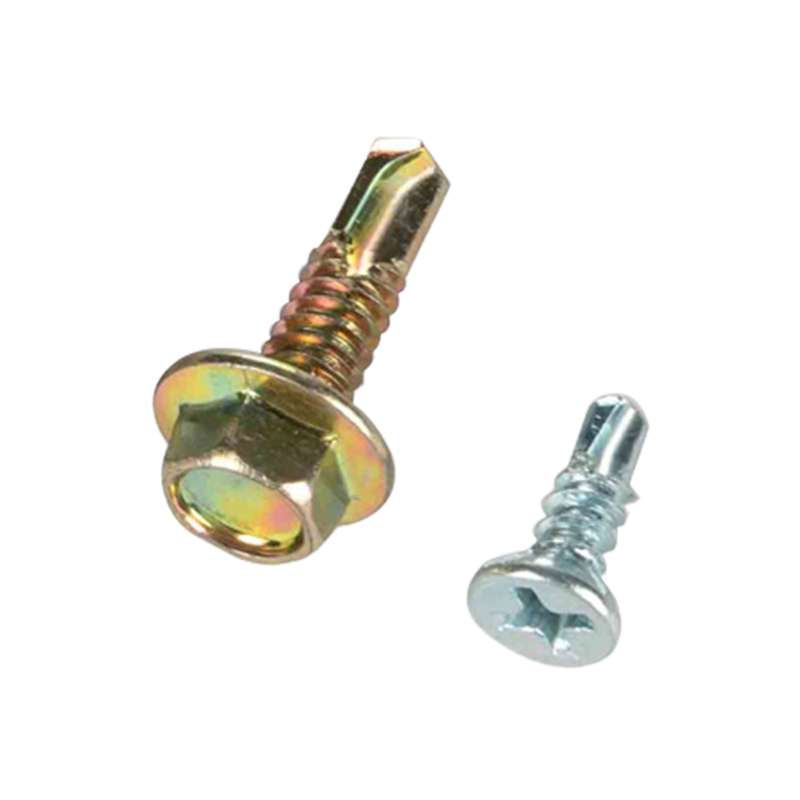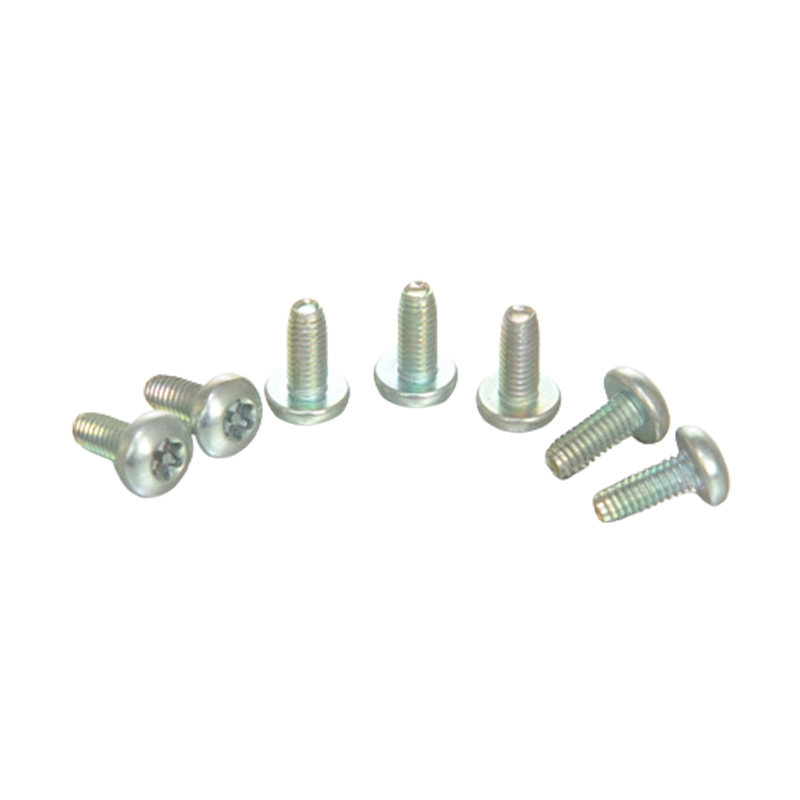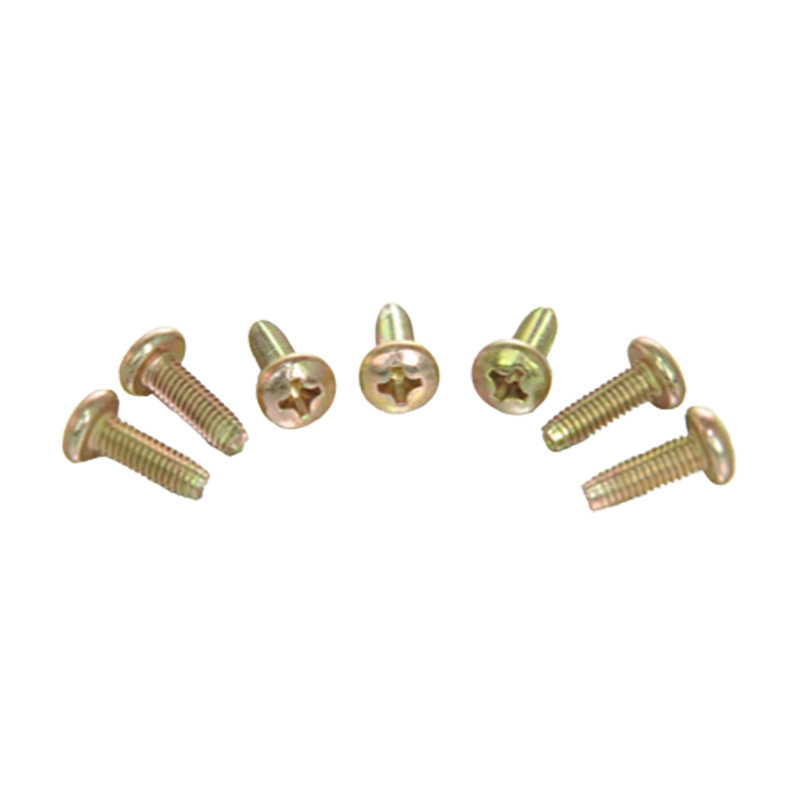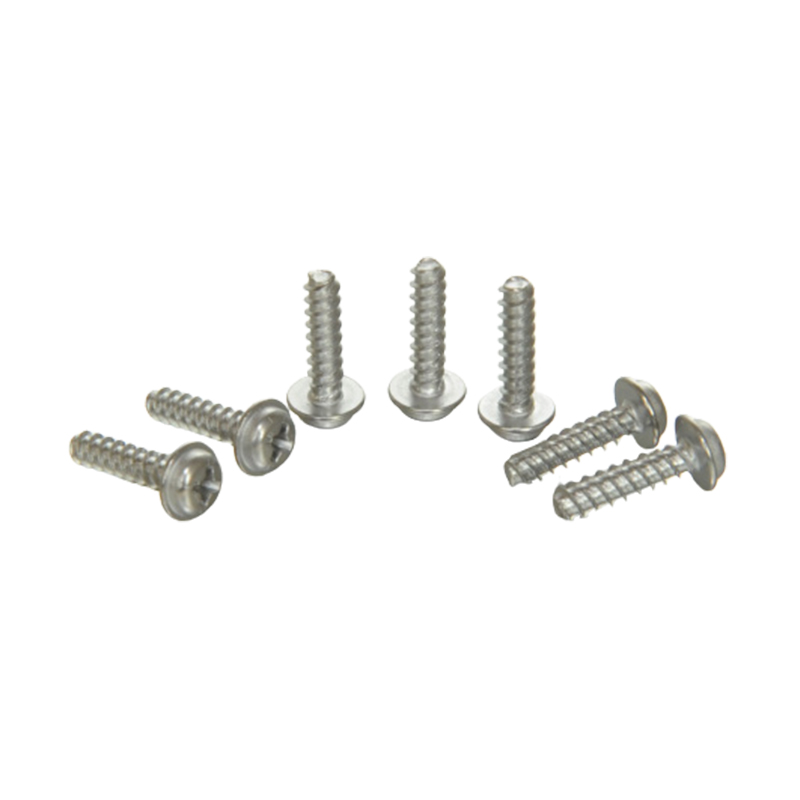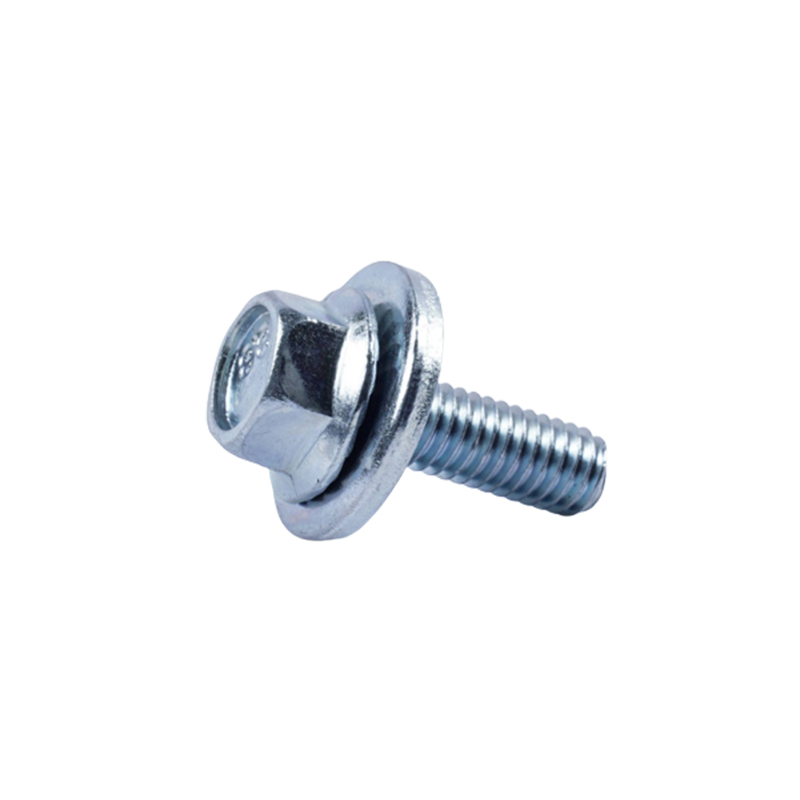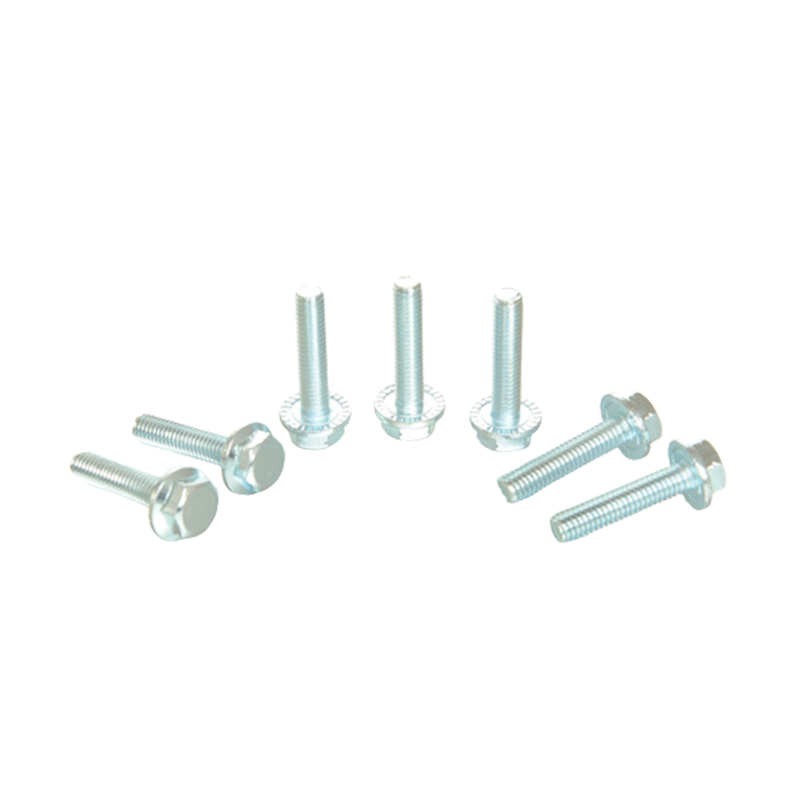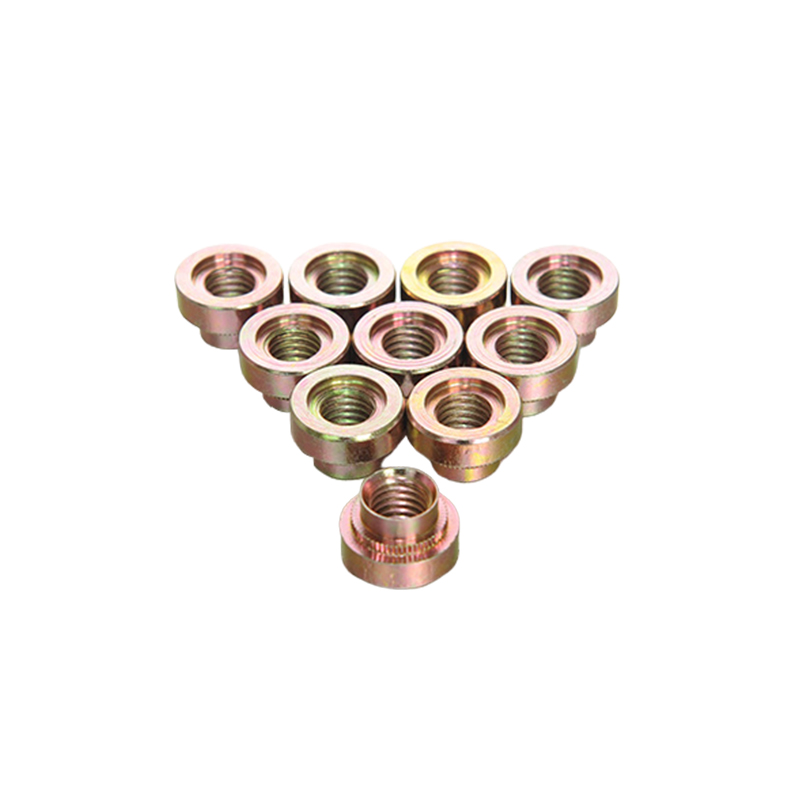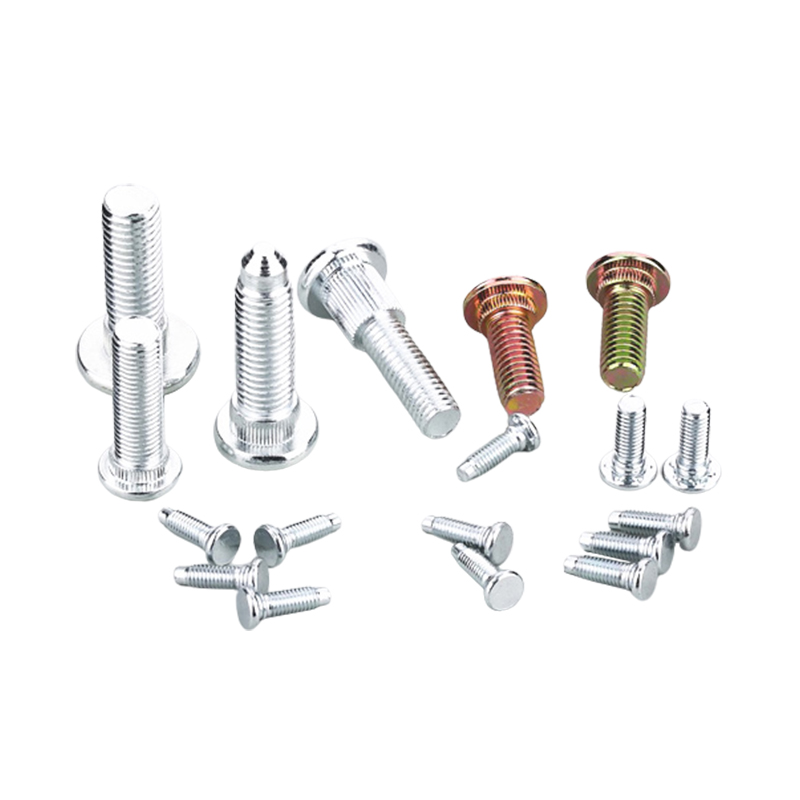Enhanced Joint Strength: Pressure riveting screws are engineered to create a strong mechanical interlock with the materials being fastened. This unique design results in superior shear strength, which is particularly important in applications that must withstand heavy loads or stresses. The way the screw expands and compresses the material during installation maximizes the contact area, creating a solid bond that outperforms traditional screws in many scenarios.
Resistance to Vibration and Shock: One of the critical advantages of pressure riveting screws is their ability to resist loosening under dynamic conditions, such as vibration and shock. In industries like automotive and aerospace, where components are subjected to constant movement and varying forces, this resistance is crucial. The tight fit achieved during installation prevents the screws from backing out, ensuring that the joint remains secure over time.
Material Compatibility: Pressure riveting screws are versatile and can be used effectively with a range of materials, including metals, plastics, and composites. This adaptability allows engineers and designers to incorporate these screws into various applications without worrying about compatibility issues. Their ability to form strong joints across different material types is a significant advantage in multi-material assemblies.
Reduced Fatigue: The design of pressure riveting screws helps distribute stress more evenly across the joint, which significantly reduces the risk of fatigue failure. In applications where components experience cyclical loading—such as in machinery or structural applications—this reduction in localized stress can prolong the lifespan of both the fastener and the materials being joined.
Corrosion Resistance: Many pressure riveting screws are made from corrosion-resistant materials or come with protective coatings. This feature is vital for applications exposed to harsh environmental conditions, such as marine or industrial settings. By minimizing the risk of corrosion, these screws contribute to the overall durability of the joint and reduce maintenance needs over time.
Lower Maintenance Requirements: Once installed, pressure riveting screws generally require minimal maintenance. Unlike some traditional fasteners that may need periodic tightening or inspection, pressure riveting screws remain secure due to their unique fastening method. This characteristic is particularly beneficial in applications where access for maintenance is limited or challenging.
Consistency in Performance: Pressure riveting screws offer consistent performance due to their engineered design, which leads to predictable results in joint strength and durability. This reliability is crucial for industries where safety and performance standards are paramount, ensuring that components perform as expected over their intended lifespan.
Simplified Assembly Process: The installation of pressure riveting screws can often be quicker and easier than traditional riveting or bolting methods. This efficiency can reduce labor costs and assembly time, contributing to overall project productivity without sacrificing joint integrity.
The combination of enhanced joint strength, resistance to environmental factors, and low maintenance requirements makes pressure riveting screws an excellent choice for a wide range of demanding applications. Their ability to provide reliable, durable connections positions them as a preferred fastening solution in many industries.


